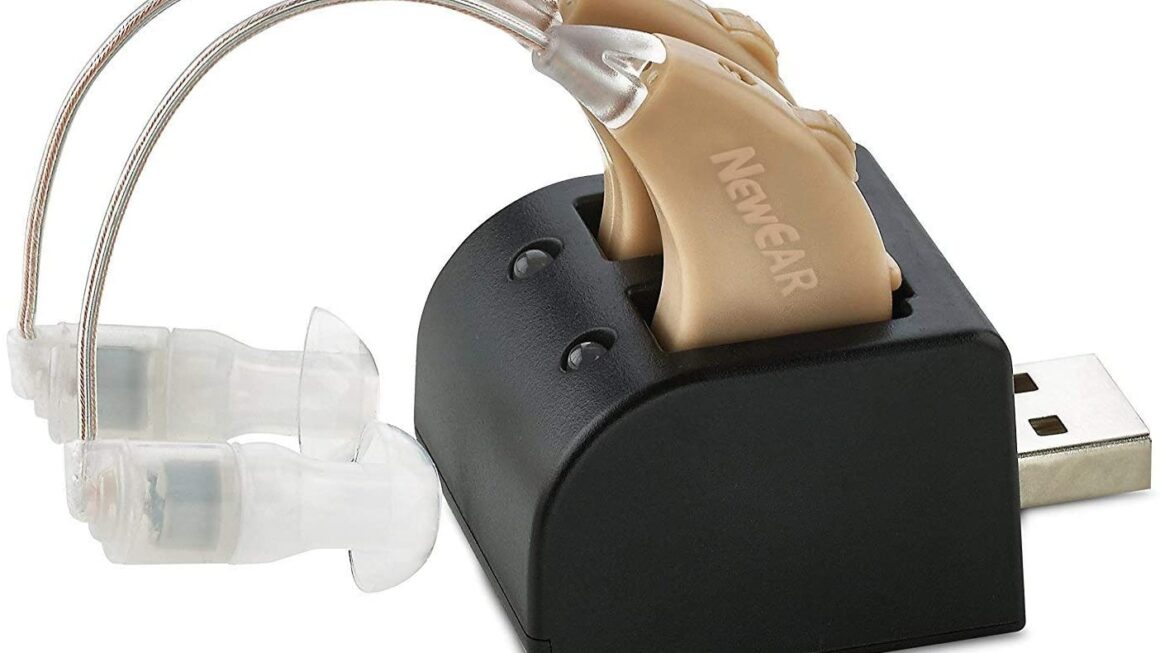Introduction
Welcome to the comprehensive guide on pest control in Connecticut, where we delve into effective strategies and solutions to protect your home and surroundings from unwanted intruders. Connecticut’s diverse ecosystem creates an ideal environment for various pests, making it crucial to understand the importance of professional pest control services. In this article, we will explore the common pests in Connecticut, discuss sustainable pest control practices, and provide expert advice on safeguarding your property. Whether you’re a homeowner, business owner, or simply concerned about pest management, this guide will equip you with the knowledge to combat pests effectively.
I. Understanding Connecticut’s Pest Profile
Connecticut, located in the northeastern region of the United States, experiences a range of pests due to its climate and geographical features. This section will highlight the most prevalent pests in the state, such as mosquitoes, ticks, rodents, termites, ants, and stinging insects. Understanding their behaviors, habitats, and potential risks they pose to humans and property is crucial in developing effective pest control strategies.
Connecticut’s humid summers and temperate winters create an ideal environment for mosquitoes. These blood-sucking pests not only cause irritating bites but also pose health risks by transmitting diseases like West Nile virus and Eastern Equine Encephalitis (EEE). Ticks, particularly black-legged ticks, are another significant concern due to their ability to transmit Lyme disease. Rodents, including rats and mice, can cause structural damage to buildings and contaminate food supplies, while termites pose a significant threat to the structural integrity of wooden structures. Ants, such as carpenter ants and pavement ants, are persistent invaders that can infiltrate homes and businesses, while stinging insects like bees, wasps, and hornets can pose safety risks, especially to individuals with allergies.
II. The Role of Professional Pest Control Services
When it comes to pest control, seeking professional assistance is paramount. In this section, we will emphasize the importance of hiring licensed and experienced pest control companies in Connecticut. Professional technicians are trained to conduct thorough inspections, identify infestations, and customize treatment plans to target specific pests effectively.
Professional pest control services offer several advantages. Firstly, they have access to a wide range of specialized tools, equipment, and treatments that are not readily available to the general public. These resources enable them to eliminate pests effectively and efficiently. Secondly, pest control professionals possess in-depth knowledge of pest biology and behavior, allowing them to implement targeted strategies tailored to the unique challenges presented by each pest species. Thirdly, professional pest control services prioritize safety and ensure that treatments are applied in a manner that minimizes risks to humans, pets, and the environment.
In recent years, there has been an increasing focus on eco-friendly pest control methods. Integrated Pest Management (IPM) is an approach widely adopted by professional pest control companies in Connecticut. This method combines various strategies such as biological control, habitat modification, and the judicious use of pesticides to manage pests effectively while minimizing environmental impact. IPM emphasizes long-term prevention and aims to find a balance between pest control and ecological sustainability.
III. Sustainable Pest Control Practices for Homeowners
While professionals play a crucial role, homeowners can also contribute to effective pest control. This section will outline practical tips and preventive measures individuals can implement to discourage pests from entering their homes. By adopting these practices, homeowners can create an inhospitable environment for pests, reducing the risk of infestations.
- Seal Entry Points: Inspect your home for gaps, cracks, and openings that pests can use to gain entry. Seal these entry points using caulk, weatherstripping, or other appropriate materials.
- Maintain Cleanliness: Pests are attracted to food residue and clutter. Regularly clean your home, paying close attention to kitchens, dining areas, and storage spaces. Keep countertops, floors, and appliances clean, promptly dispose of garbage, and store food in sealed containers.
- Remove Standing Water: Mosquitoes breed in stagnant water, so eliminate any sources of standing water in your yard. Regularly empty and clean birdbaths, pet water bowls, and flower pots. Ensure that gutters and downspouts are clear of debris to prevent water accumulation.
- Proper Waste Management: Dispose of garbage in tightly sealed containers and promptly remove it from your property. Garbage and recycling bins should be placed away from the exterior walls of your home to discourage pests from approaching.
- Outdoor Vegetation Maintenance: Trim trees, shrubs, and bushes away from the exterior of your home, as they can serve as pathways for pests to access your property. Additionally, keep grass well-maintained and remove any overgrown vegetation that can provide shelter for pests.
- Pest-Proofing: Install screens on windows and doors to prevent insects from entering your home. Seal gaps around utility lines, pipes, and vents using caulk or other appropriate materials. Repair any damaged window screens or door sweeps to ensure a tight seal.
- Natural Deterrents: Consider using natural pest deterrents such as essential oils, diatomaceous earth, or vinegar-based solutions. These can be effective in repelling certain pests while being safe for humans and pets.
IV. Pest Control Solutions for Businesses and Industries
Pest infestations can significantly impact businesses and industries, leading to financial losses and reputational damage. This section will focus on the specific pest control needs of various industries, providing tailored solutions to ensure a pest-free environment for employees and customers.
- Restaurants and Food Service: Food establishments must adhere to strict health and safety regulations. Regular inspections, proper sanitation practices, and effective pest control measures are crucial. Implementing integrated pest management techniques, training staff on proper food handling and storage, and regular monitoring can help prevent infestations.
- Hotels and Hospitality: With the constant flow of guests, hotels face unique pest control challenges. Bed bugs, cockroaches, and rodents can cause significant disruptions. Regular inspections, thorough cleaning practices, and proactive commercial pest control services measures are essential to maintain a pleasant and pest-free environment.
- Healthcare Facilities: Hospitals, clinics, and other healthcare settings require stringent pest control measures to protect patients and staff. Maintaining a clean and sanitary environment, implementing pest exclusion techniques, and collaborating with pest control professionals are critical to prevent the spread of diseases carried by pests.
- Agriculture and Farming: The agricultural industry relies heavily on effective pest control practices to protect crops and livestock. Integrated pest management techniques, including crop rotation, biological controls, and targeted pesticide applications, are employed to minimize crop damage while reducing environmental impact.
V. The Future of Pest Control in Connecticut: Emerging Technologies
As technology advances, so does the field of pest control. In this section, we will explore the innovative approaches and cutting-edge technologies shaping the future of pest management in Connecticut. These advancements are revolutionizing the industry and enabling more efficient and sustainable pest control practices.
- Remote Monitoring Systems: Internet of Things (IoT) devices equipped with sensors can be used to monitor pest activity in real-time. These systems provide early detection of infestations, allowing for prompt intervention and targeted treatments.
- Automated Traps and Devices: Smart traps and devices use attractants and sensors to capture pests efficiently. They can be programmed to detect and respond to specific pests, reducing the need for widespread pesticide application.
- Data-Driven Analytics: Advanced analytics and data processing techniques are being integrated into pest control practices. By analyzing large datasets, patterns and trends can be identified, enabling more precise targeting of pest control efforts. This data-driven approach helps optimize resource allocation and enhances the effectiveness of pest management strategies.
- Predictive Modeling: Using historical data, weather patterns, and environmental factors, predictive models can forecast pest activity. This proactive approach allows for timely interventions and preventive measures, minimizing the impact of pest infestations.
- Biological Controls: Biopesticides and beneficial organisms are gaining popularity as sustainable alternatives to traditional chemical pesticides. These natural controls target specific pests while minimizing harm to beneficial insects, wildlife, and the environment.
- Genetic Pest Control: Genetic technologies, such as gene editing and sterile insect techniques, show promise in controlling pest populations. These innovative approaches aim to disrupt the reproductive capabilities of pests, reducing their numbers without relying on chemical interventions.
Final Thoughts
With the knowledge gained from this comprehensive guide, you are now equipped to tackle pest control challenges in Connecticut. Remember, professional pest control services offer the expertise needed to eliminate infestations effectively, while homeowners and businesses can contribute to long-term prevention through proactive measures. By taking a collaborative approach and prioritizing sustainable pest control practices, we can ensure a safe and pest-free environment for ourselves and future generations. Don’t let pests take control—take action today!
To safeguard your home or business from pests and ensure the well-being of your loved ones or customers, contact Pest Control CT for reliable services in Connecticut today – Schedule a consultation to assess your specific needs and develop a customized pest management plan!












